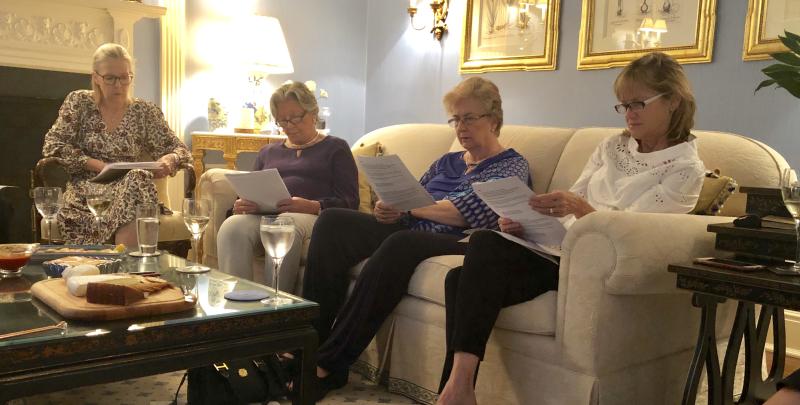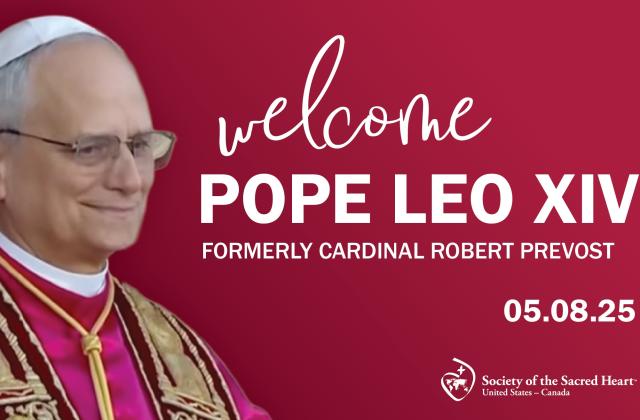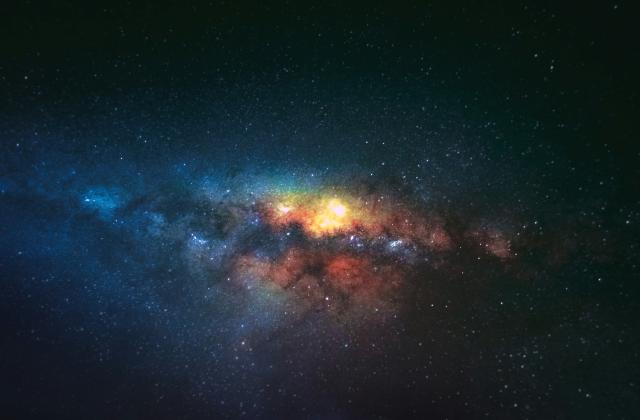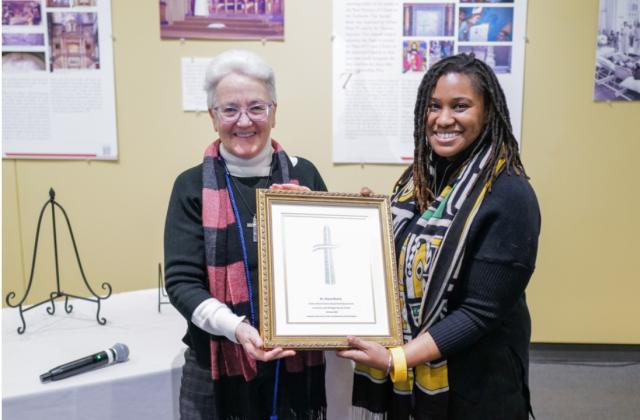
A reflection by Rhonda Morley, Associate, Fairchester
Over the course of the summer, the news has been filled with so much sadness and horror regarding the separation of families seeking to flee the violence of their home countries. Many of us have been prone to feelings of helplessness in these situations. One of our Associates, Lori Wilson, felt compelled to lead a prayer service for the children at the border as a way of raising awareness of the need to reach out to God for help. The prayers were interspersed with quotes such as the following from a 5-year-old from Honduras who was taken from his father:
“The immigration agents separated me from my father right away. I was very frightened and scared. I cried. I have not seen my father again.
“I have been at this facility for several days. I have not been told how long I have to stay here. I am frightened, scared, and sad.
“It is cold at night when we sleep. I have shoes but no socks.”
The discussion that followed highlighted the complexity of the issues involved and the fact that there is now an unprecedented number of refugees around the globe. We all agreed that climate change has become a major contributor to the problem, along with wars, poverty and authoritarian rule, and that the one lasting solution is to cure the root causes of the problems in the countries whose citizens are fleeing.
This discussion flowed easily into our next topic – Being Artisans of Hope in Our Blessed and Broken World, where we, as a group, answered the questions given to us to be used as part of the Society’s preparation for the Climate Change Conference in Santiago, Chile, in December 2019. In answering the questions, we were able to raise our own awareness, listening to the thoughts and experiences of our sisters. We concluded, for instance, that climate change is having little perceptible impact on our local communities, but we see its effects in other areas of our country, such as rivers flooding in the Midwestern states and, significantly, more local flooding in coastal communities.
While we each endeavor to recycle as much as possible, of much greater potential impact would be reducing our food waste to zero waste and reducing use of our gas burning vehicles – being more mindful of and intentional in our activities and actions. There is much we can do as a group of Associates of the Sacred Heart to help increase awareness and affect change by our actions, individually and collectively, and we will continue in dialogue and action, together.



